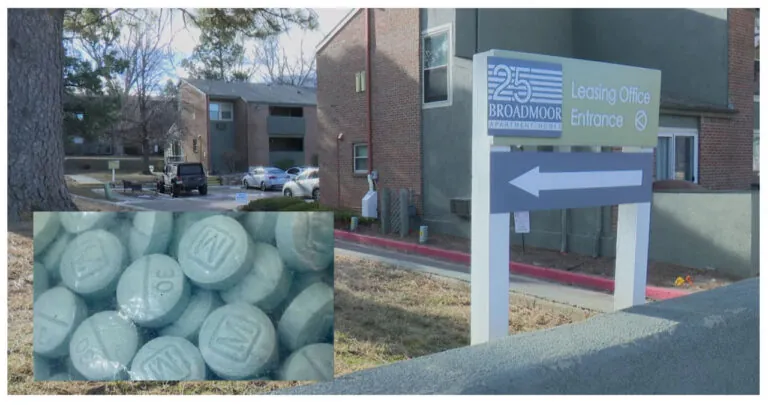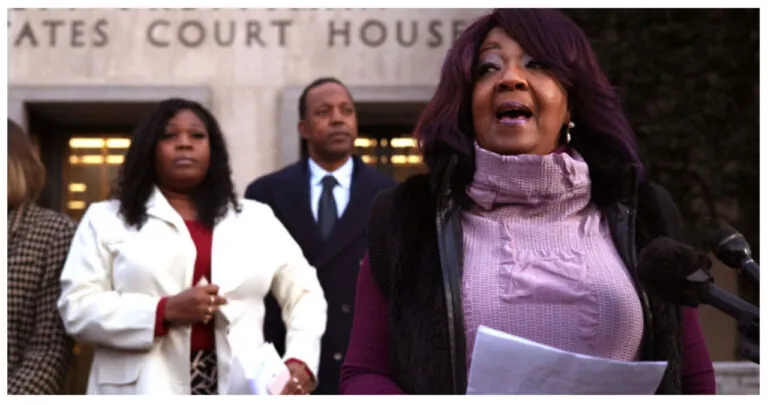Coupon Counterfeiter Seeking Early Release from 12-Year Sentence
A woman, who gained notoriety as one of the most prolific coupon counterfeiters, is currently serving her prison sentence until 2031. However, she is now seeking an early release.
Virginia Beach resident Lori Ann Talens is seeking a reconsideration of her 12-year prison sentence from a federal judge. Talens was convicted for her involvement in a massive counterfeit coupon operation that amounted to $31 million. Prosecutors described the scheme as one of the largest in history and strongly advocated for a substantial prison sentence to deter potential fraudsters from engaging in similar activities.
Since her 2021 sentencing, there has been a change in the federal sentencing guidelines. The 2023 Criminal History Amendment, which came into effect at the start of this month, now allows for lighter sentencing ranges for nonviolent first-time criminal offenders. These new guidelines can be applied retroactively, allowing eligible incarcerated individuals to request sentence reductions, as explained by the United States Sentencing Commission.
Talens has taken action and formally requested a modification or reduction of her sentence. In a court filing, she respectfully appeals to the judge, emphasizing that she is a nonviolent first-time offender. It is worth mentioning that the judge had previously directed the U.S. Probation Office to prepare recalculation worksheets for all incarcerated individuals affected by the updated sentencing guidelines.
Talens, who initially faced a potential prison term of up to 19 years and 7 months after admitting to multiple fraud charges, has been sentenced to 12 years behind bars. The judge considered her acknowledgment of guilt when issuing the reduced sentence. However, with the revised sentencing guidelines, there is a possibility that her term could be further reduced to 8 to 9 years.
A woman with exceptional graphic design skills used her talents to commit fraud, resulting in the loss of tens of millions of dollars for manufacturers. Throughout the process, she managed to pocket several hundred thousand dollars for herself. It all began innocently enough when Talens created a Facebook group with the intention of sharing savings and sales deals with other coupon enthusiasts. However, over time, she started to explore her abilities further and learned how to create her own coupons using her home computer. She then printed and sold these counterfeit coupons to members of her Facebook group. This illegal operation lasted for at least three years, during which she produced and sold over 13,000 different counterfeit coupons for more than 132 different brands, amounting to a face value of over $31 million.
One of the largest-ever counterfeit coupon cases resulted in the longest-ever prison sentence for a convicted counterfeiter. Talens has gained notoriety, even from behind bars. Last year, her story was showcased on an episode of the ABC-TV true-crime series The Con, which promises “shocking tales of deceit and fraud, revealing the con artist’s schemes, devastating costs, and hope for justice.” Earlier this year, Talens appealed to the judge in her case to reduce or defer the amount she needed to pay towards settling her $31 million restitution order. Unfortunately, the judge denied her request.
Talens is hopeful that her request for a sentence reduction will be successful. She and her estranged husband, who is also serving time for his involvement in their scheme, have three young children. These children are currently being raised by their grandparents, without the presence of their incarcerated parents. Talens expressed her strong desire to reunite with her family during a short interview conducted in jail by The Con.
Talens’s sentence has already been reduced below the prevailing sentencing guidelines, so there is no guarantee that her prison term will be further reduced. However, it is worth asking. The U.S. Sentencing Commission reveals that approximately 7,300 current federal prisoners are eligible to request a reduction in their sentence. Ultimately, a federal judge will decide whether someone who used fake coupons to pay reduced prices will also receive at least a 25% reduction in her prison sentence.







